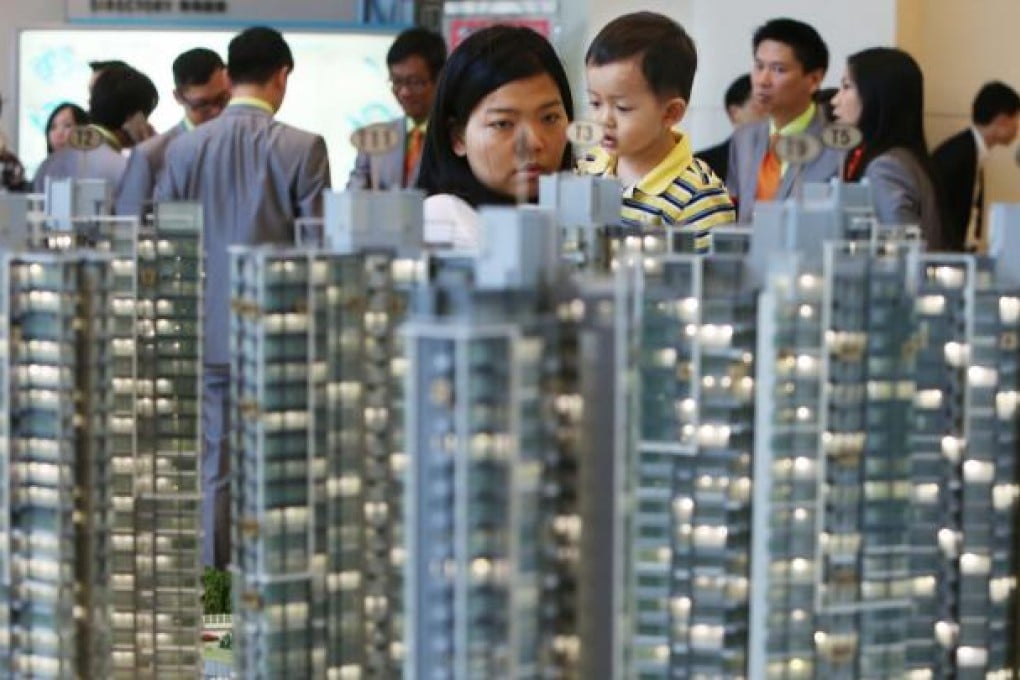
Hong Kong has followed Singapore's lead in trying to curb its residential property market by diktat. It has imposed its first restrictions targeted at non-locals, charging non-permanent residents a special stamp duty of 15 per cent. The administration also toughened existing measures designed to cool the property market, boosting the stamp duty from 15 to 20 per cent on the sale price on properties held for less than six months.

So where can a property investor find shelter in this chilly policy climate? The most obvious tactic is to switch to another sector. For example, there has been a well publicised boom in the price of Hong Kong car parks, which has encouraged developers such as Cheung Kong, Wheelock, Sino Land and Sun Hung Kai Properties to sell spaces at their developments. High-end spaces now sell for around HK$2 million.
"The switch away from residential is quite natural," Antonio Wu, the executive director of investment services in Asia for Colliers International, says. He notes that a car park at Kingswood Villas in Tin Shui Wai goes for about HK$330,000, and that leasing of the space yields an annual return of about 4 per cent. "With the current situation in Hong Kong, I think everybody knows inflation is going to rise. It would be a bad idea if you just hold onto the cash. So people will buy assets," he says.
On the downside, you normally can't get financing on a car park space. Moreover, Nicole Wong, a property analyst at CLSA, thinks such investments are overrated. She says the recent run-up has taken car-park prices beyond their fundamental value, and that too many small-time buyers have gotten involved because the entry point for investing is low. This has led to a mini bubble in pricing.
Industrial, retail and office property may offer better options. But the price tag is generally hefty, so it is no small step to move over to commercial real estate.